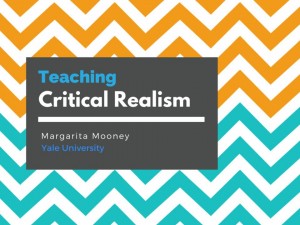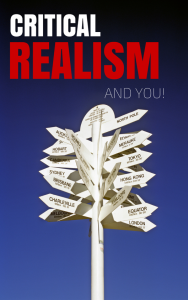This summer, thousands of high school and college students across the country will go on service trips, some of them with faith-based groups like the Jesuit Volunteer Corps and Dominican Volunteers, and others with do important service work with secular groups. Going out from one’s normal environment to help others is like an institutionalized version of the Good Samaritan parable.
But what do we do when the “mission” is over? While in college, I personally had intense mission experiences in Mexico and Cuba with faith-based groups. Then I worked full-time for three years in a secular organization, the Arias Foundation for Peace and Human Progress, that tried to help rebuild war-torn communities in Central American in the mid-1990s.
Perhaps harder than doing mission or social justice work is adjusting to your normal life after it’s over. Your heart and mind are blown wide open by the sadness, poverty and destruction you see, and you see your see your own economic privilege like never before.
In a thoughtful blog I read this week, Yale sociology graduate student Jeffrey Guhin reflects on how he understands what it means to work for peace and justice now that he’s no longer fully immersed in what could be called social justice work.
“How do you be a Good Samaritan when the volunteer year is over, when you have a job, a rent payment, bills, a spouse, and kids? I think there are answers here if we work together to uncover them, and I’d like to think about them by taking a few positions in the story…”
Jeff and I discussed our experiences about working for justice, first as volunteers and then as young professionals over pizza and beer recently in New Haven (and we celebrated a few days pre-emptively Jeff’s Ph.D. final approval). Jeff is an eloquent writer and an engaging speaker, so I encourage you to read his full post here, as I can’t say it any better than he did.
But I will point out a few treasures in his words. Referring to the parable of the Good Samaritan, Jeff wrote:
“Remember that we should have died on that road. Everything from that moment on is a gift. Don’t feel upset you can’t help everyone; feel grateful you can help anyone at all. What can we do in a spirit of gratitude, in celebration for the wonder of our existence? It’s an important question for us to remember, especially as we move forward in our commitments to justice and peace. This is where the Dominican commitment to relationship is so central, and why it has to be paired with a sense of gratitude: it is our relationships that make us feel the need to act for justice, and it is our gratitude that helps us do so with patience, non-attachment, and a calm and loving awareness of our own limitations (and the limitations of those we’re serving).”
As intellectuals who can drown ourselves in reading sociology, philosophy and theology and debate which ideas from the Enlightenment enhance human flourishing and which serve the cult of individualism, Jeff and I laughed at how easy it is for us to forget that being a Christian comes down to having a contemplative outlook on life and a deep commitment to charity for all. As Jeff points out, we can forget that we didn’t create ourselves, and we certainly didn’t make ourselves into the brilliant intellectuals and virtuous young professionals we can so easily (and self-righteously) pride ourselves in being. Jeff reminds us that, if we acknowledge our own lives and our own talents for what they are–a gift–then that gratitude opens us up to developing relationships that foster our on-going commitments to justice.
It took me years of reflection to reach many of the same conclusions as Jeff. Mission and service work is a vitally important part of young adult formation. But most of us will spend the rest of our lives in lawyer’s offices, teaching students in middle school, or at home with children. It can easily seem that such work doesn’t have a service or a mission component, at least not one as important as helping the poor in a foreign country. But as I learned from mentors in a few mission groups I worked with as a graduate student, Amor en Acción (who organizes mission trips from Miami to Haiti and the Dominican Republic) and Exodus Youth Services (who works with the homeless and poor in Washington, DC), the purpose of a mission is inner transformation and building relationships.
If our hearts are changed, then every day becomes a chance to serve others. But let’s not forget Jeff’s words of wisdom: our lives are a gift, our relationships are the most important things in our lives, and literally everyone who passes us by on the street is someone we are called to love and serve.











